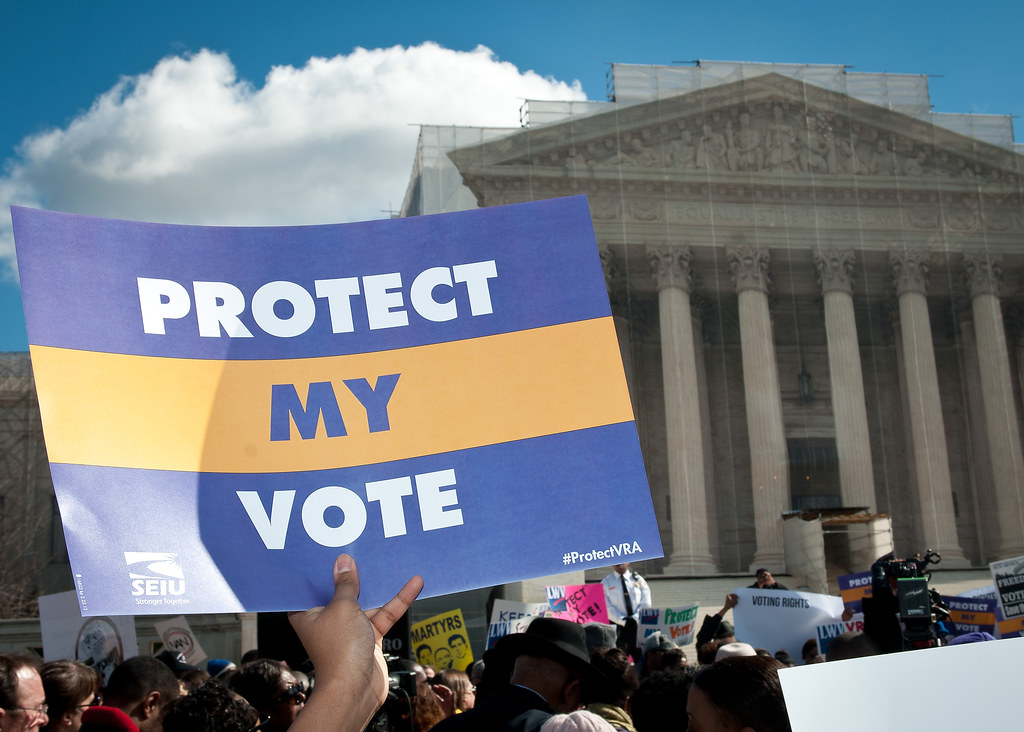WASHINGTON (Washington Insider Magazine) – In a tense standoff involving national voting rights, Senate Republicans unanimously voted Wednesday to stop the progress of a set of sweeping election laws demanded by Democrats.
The Freedom to Vote Act and the John Lewis Voting Rights Advancement Act was passed with a 49-51 vote. It was split equally within party lines, however, Majority Senator Chuck Schumer, D-N.Y., changed his vote to “no” at the last minute for procedural reasons. It lacked the 60 votes required to override a filibuster under Congressional rules.
The Senate then rejected a Democratic effort to modify the laws and enforce a “talking filibuster” in order to pass the bill all without Republican backing once the discussion was completed.
According to NBC News, the vote was 48-52, falling short of the required 50 votes, with Democrats Joe Manchin of West Virginia and Kyrsten Sinema of Arizona siding with Republicans to oppose the new rule.
For the time being, the string of votes effectively kills federal voting rights reform, which is one of President Joe Biden’s primary goals.
In a statement released after the voting, Sinema expressed her concern that weakening the 60-vote threshold will exacerbate tensions and risk recurring drastic policy reversals, reinforcing uncertainties and further eroding trust in the government.
As he walked out of the Capitol, Manchin told reporters that he is presently committed to collaborating with a bipartisan team of legislators on some other electoral security and vote safety attempts, such as amending the Electoral Count Act, a relatively obscure 1887 electoral legislation with regulations that former President Donald Trump’s allies tried to abuse to attempt to repeal the election’s outcome in 2020.
Mitch McConnell, R-Ky., commended Manchin and Sinema for supporting the 60-vote threshold earlier in the day, dubbing it the most significant day in Senate history.
The Freedom to Vote Act would establish a set of rules for national polls to ensure that voters across the country have equal access to the polling booths. States would be required to provide a certain number of days for advanced voting and the option to vote by post for any reason under the measure. Election Day would also become a national holiday.
The other bill, named after the late Rep. John Lewis, D-Ga., would modernize the historic 1965 Voting Rights Act, which prohibited discriminatory election rules.


























